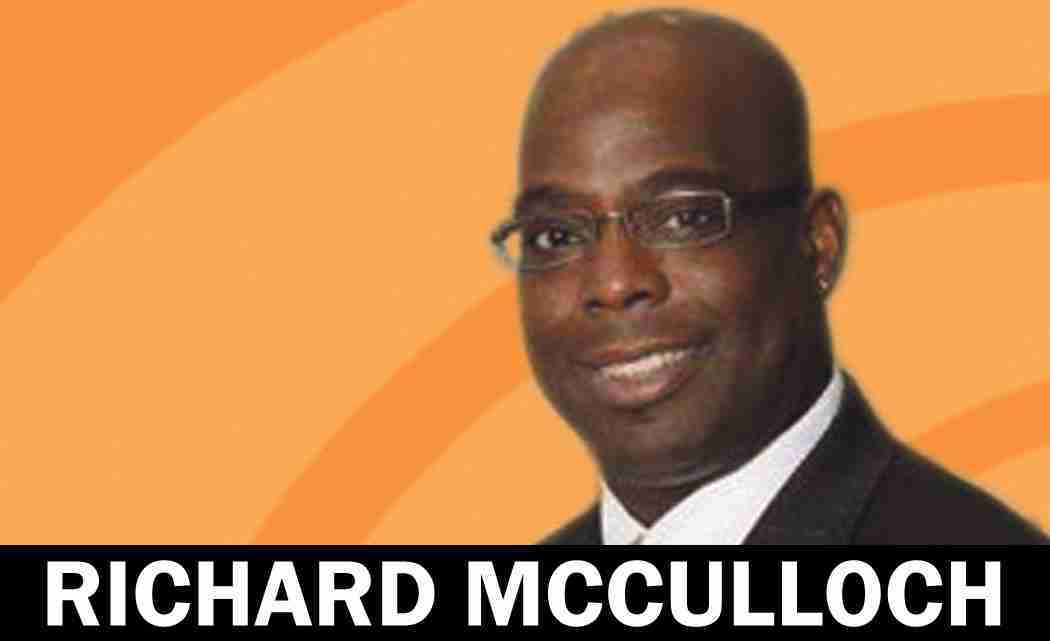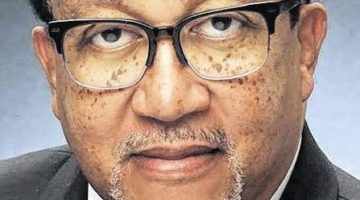When 18th Century writer and philosopher Voltaire mused “Optimism is the madness of insisting that all is well when we are miserable,” I feel as though he was manifesting prophetic foresight into the current state of race relations in our country.
The so-called “post-racial” society that was supposed to be the byproduct of a young senator from Chicago ascending to the Office of the President, has been anything but a new day for racial tolerance and a kinder, gentler American humanity.
Like so many African Americans, and others that value unconditional human decency and equal justice under the law, I am desperate for real progress. For too long, those of us that cling to the optimistic reality of a truly United States have been left emotionally exasperated. Our collective optimism has remained unrealized despite the hopeful refrains of Dr. King’s dream resonating throughout the Mall in Washington in 1963. Despite the landmark Civil Rights Act of 1964, it has become clear that mandatory racial tolerance and the concept of loving thy neighbor cannot be legislated.
By nature, I am an eternal optimist. For many who know me, I am optimistic to a fault when it comes to assuming the best about anyone with whom I interact. In recent years, however, a fair share of my innate optimism has been replaced with a significant dose of skepticism when it comes to evaluating our country’s ability to overcome our legacy of racism and inequality.
The young senator whom I referenced earlier – our President, Barack Obama – has been slurred and maligned like no other President in history. From media pundits to members of the political opposition, Obama-bashing has been often characterized with blatant race-based attacks and coded slander devoid of any intelligent policy discourse.
Indicted from the earliest stages of his campaign for having a Muslim name, and later being harassed by the so called “Birthers” to prove his citizenship, President Obama has been called everything from a “raghead” to a “chimpanzee.” With American Senators and members of our country’s law enforcement finding it so easy to use these derogatory terms in reference to our nation’s Chief Executive, is it any surprise that officials in countries like North Korea have taken the cue and joined in the chorus of disrespect by referring to our president as a “monkey?”
The President’s grace in not directly addressing this cacophony of ignorance has been inspirational in allowing me to maintain some semblance of hope that “this too shall pass.” This hope was once again challenged with the rash of incidents in which unarmed people of color seemed to become the victims of choice for civilian vigilantes and certain members of the law enforcement community. This 21st Century social regression harkens back to some of the darkest times in our history, and has been ironically chronicled via the modern technology of camera phone videos, and instigated further through the contemporary platform of social media reminders that “Black Lives Matter.”
As I packed my suitcase on the night of June 18, 2015 to catch an early morning flight to Charleston, South Carolina, my mood was light and happy as I anticipated my arrival in the Low Country to celebrate my aunt’s 90th birthday. It was then that the Breaking News started to stream across my television. A lone shooter had targeted the Wednesday night bible study at the historic Emanuel African Methodist Episcopal church in downtown Charleston.
Despite the cliché admonition that there “should not be a rush to judgment,” once the description of the shooter was released, there was no doubt in my mind that this was a hate crime, and the victimization of nine innocent African Americans was no coincidence. My already compromised light of optimism dimmed further. Images of the 1963 bombing of the Sixteenth Street Baptist Church in Birmingham flashed through my mind. All that I could think was; “We’re going backwards, and I’m not sure if we can stop.”
Arriving in Charleston, it was important to keep my focus on the reason that I was there. My 90 year old Aunt Vin, the widow of a well-respected and accomplished Episcopal minister, deserved to have her birthday celebrated in earnest despite the tragic circumstances that had sullied her city. From the time I was a child, she has been a driving force in my faith and intellectual pursuits. Sent to America from Jamaica as a teen in the 1940’s, she had endured the highs and lows of the American experience. Throughout it all, she achieved her Bachelor’s degree, and then her Master’s degree in Education with no excuses. As an immigrant woman of color, her achievements rivaled those who were born under the citizenship of the American flag and with a skin color that allowed them privileges that she could never expect to fully receive. I realized that she was a symbol of persistent, unwavering optimism.
As the City of Charleston coalesced in the aftermath of the church shooting, the images of multi-ethnic gatherings and comfort circles dominated the airwaves. No riots or looting, just citizens embracing the social imperfections of our American tapestry while allowing love and compassion to begin the healing. In the shadow of Mother Emanuel, a symphony of hope silenced the aftermath of hate as collective voices asserted that “We Shall Overcome.” The darkness that threatened to overwhelm the luminescence of my optimism began to dissipate as black and white Charlestonians held hands and encouraged me; “This little light of mine, I’m going to let it shine.”
Maybe I was meant to be there to remember that it is “always darkest before the dawn.” Could it be that this was the event that finally proves to the naysayers that America’s racial issues are real and not just a figment of the collective African-American mindset? Maybe this was the event that would have both Republicans and Democrats realize that bipartisanship and unconditional love of country and those who lead it is the only way in which to regain the global respect that we once enjoyed. Maybe this tragedy will be the one that ushers in a new era of proactive community building instead of reactive community destruction.
In realizing that the name of the church that has been the center of this reprehensible act, Emanuel, means “God is With Us,” I choose to be optimistic and believe that if we commit ourselves as a nation to progressive action in the wake of this latest tragedy that just maybe we shall overcome someday.
Richard McCulloch is a Marketing Executive specializing in Higher Education and Not-for-Profit Marketing. He can be contacted at richmcculloch@hotmail.com.











No Comment